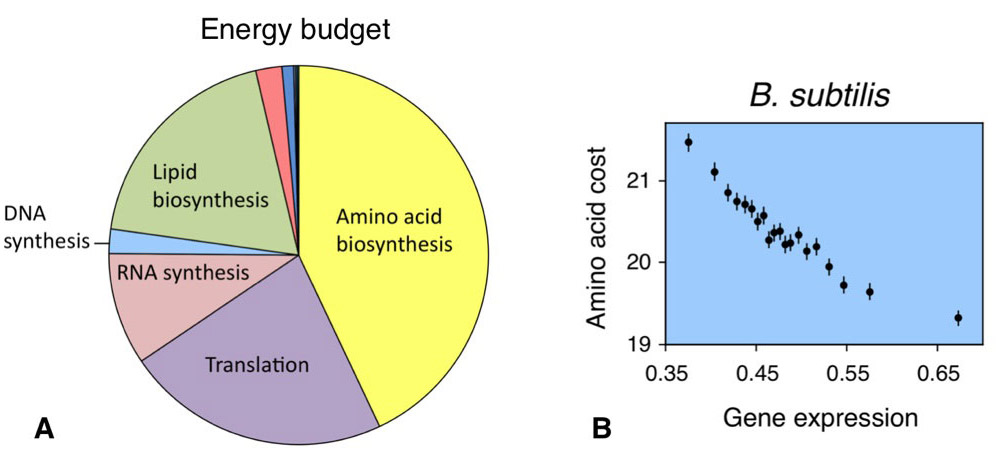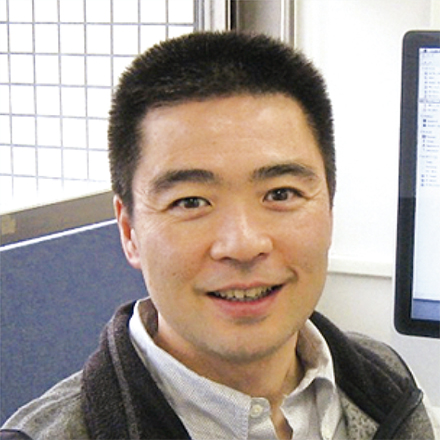Akashi Group • Evolutionary Genetics Laboratory
Population genetics and genome evolution
Faculty
Research Summary
We combine theoretical and laboratory studies to study mechanisms of genome evolution. Current interests include:
1 ) Phenotypic bases of weak selection: biosynthetic constraints or selection for efficient synthesis may be important global factors in genome and proteome evolution.
2 ) Modeling evolutionary processes: we employ computer simulations of weak selection and fitness interactions among mutations to determine statistical methods to detect subtle evolutionary forces.
3 ) lineage-specific genome evolution: we are trying to understand why nucleotide and amino acid composition vary strongly among closely related Drosophila.

Selected Publications
Matsumoto T, John A, Baeza-Centurion P, Li B, Akashi H. Codon Usage Selection Can Bias Estimation of the Fraction of Adaptive Amino Acid Fixations. Mol Biol Evol. 2016 Jun;33(6):1580-9.
Matsumoto T, Akashi H, Yang Z. Evaluation of Ancestral Sequence Reconstruction Methods to Infer Nonstationary Patterns of Nucleotide Substitution. Genetics. 2015 Jul;200(3):873-90.
Akashi H, Osada N, Ohta T. Weak selection and protein evolution. Genetics. 2012 Sep;192(1):15-31.
Matsumoto T, Akashi H. Distinguishing Among Evolutionary Forces Acting on Genome-Wide Base Composition: Computer Simulation Analysis of Approximate Methods for Inferring Site Frequency Spectra of Derived Mutations. G3 (Bethesda). 2018 May 4;8(5):1755-1769.
















